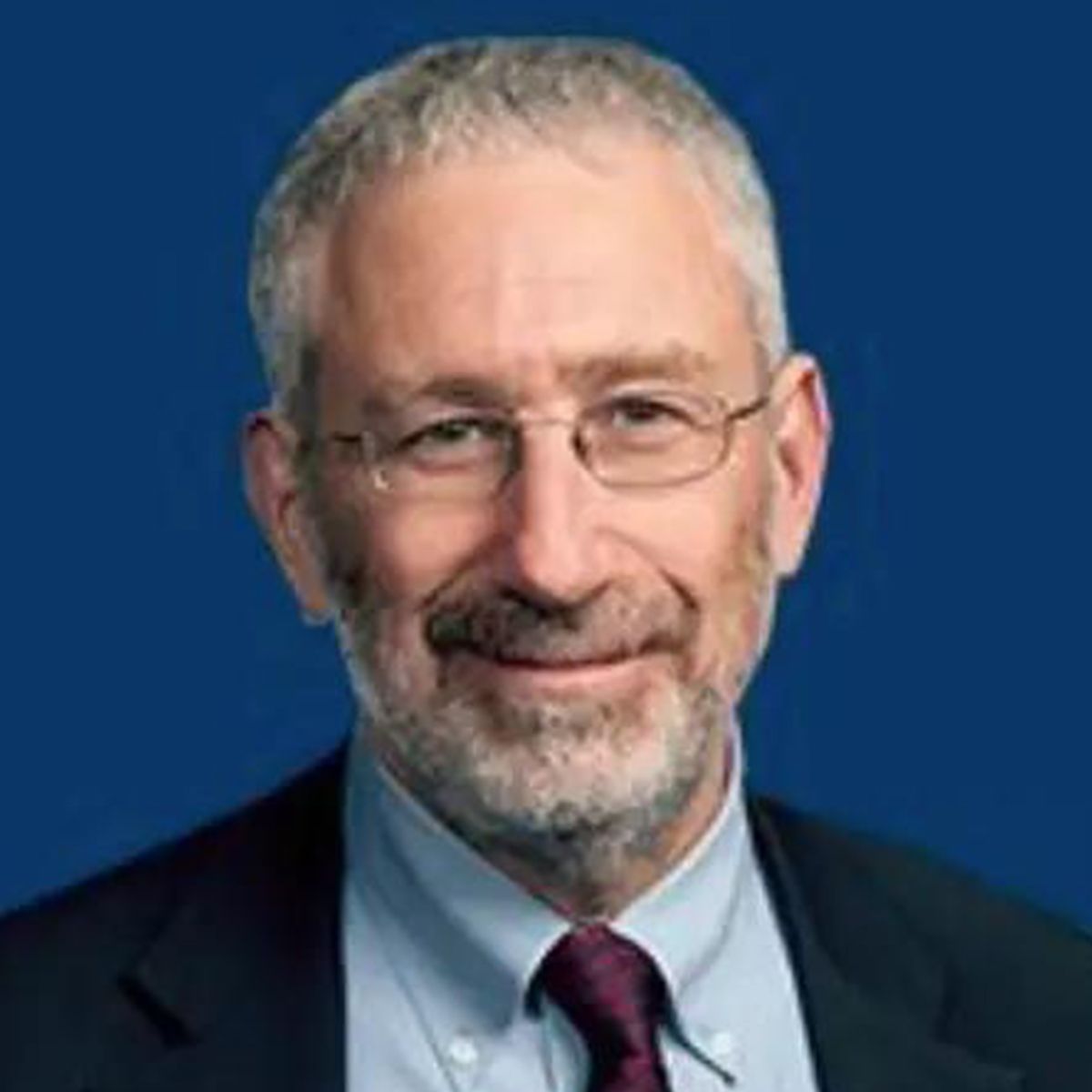Video
Dr. Majhail on the Importance of Utilizing Social Media in Oncology
Author(s):
Navneet Majhail, MD, MS, discusses the importance of utilizing social media in oncology.
Navneet Majhail, MD, MS, director, Blood and Marrow Transplant Program, Cleveland Clinic, staff physician, Department of Hematology and Oncology, Taussig Cancer Institute, professor of medicine, Cleveland Clinic Lerner College of Medicine, discusses the importance of utilizing social media in oncology.
During the 47th Annual Meeting of the EBMT, Majhail gave a series of presentations as part of the young ambassadors session on the importance of social media in the realm of stem cell transplant and cellular therapy. In this setting, social media can offer physicians insight into recently published data, the chance to participate in interactive discussions with colleagues, and networking opportunities, Majhail says. Additionally, some of the advantages of certain treatment approaches and how they could be applied to clinical practice are subject to professional commentary on social media, explains Majhail.
Additionally, many patients are active on social media as a way to educate themselves about their condition, seek peer support, or raise advocacy awareness, Majhail says. Learning about or interacting with a patient in a more relaxed environment outside of the clinic, such as on social media, can be dually beneficial to the patient and physician, concludes Majhail.
Latest Conference Coverage

IDE397 Shows Early Antitumor Activity, Safety in MTAP-Deletion Urothelial Cancer and NSCLC

RVU120 Shows Early Promise in R/R Metastatic or Advanced Solid Tumors

The WEE1 Inhibitor APR-1051 Shows Early Safety and Tolerability in Advanced, Mutated Solid Tumors

TYRA-300 Is Safe, Generates Preliminary Antitumor Activity in FGFR3+ Metastatic Urothelial Cancer
2 Commerce Drive
Cranbury, NJ 08512





